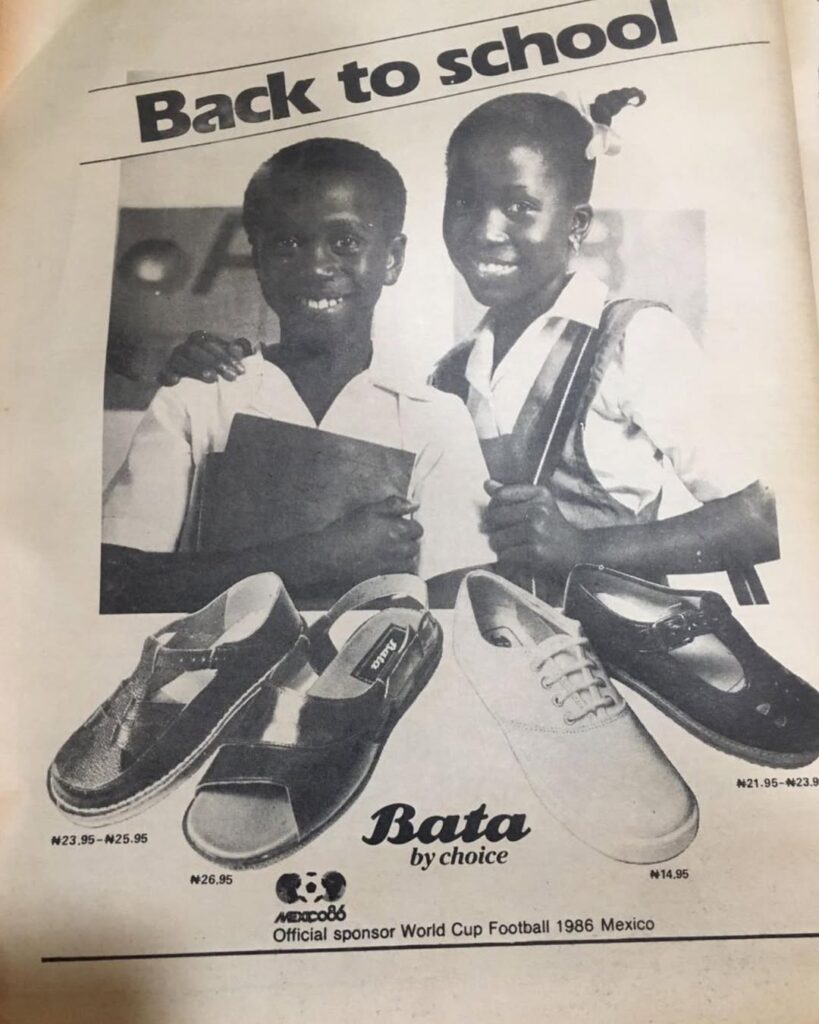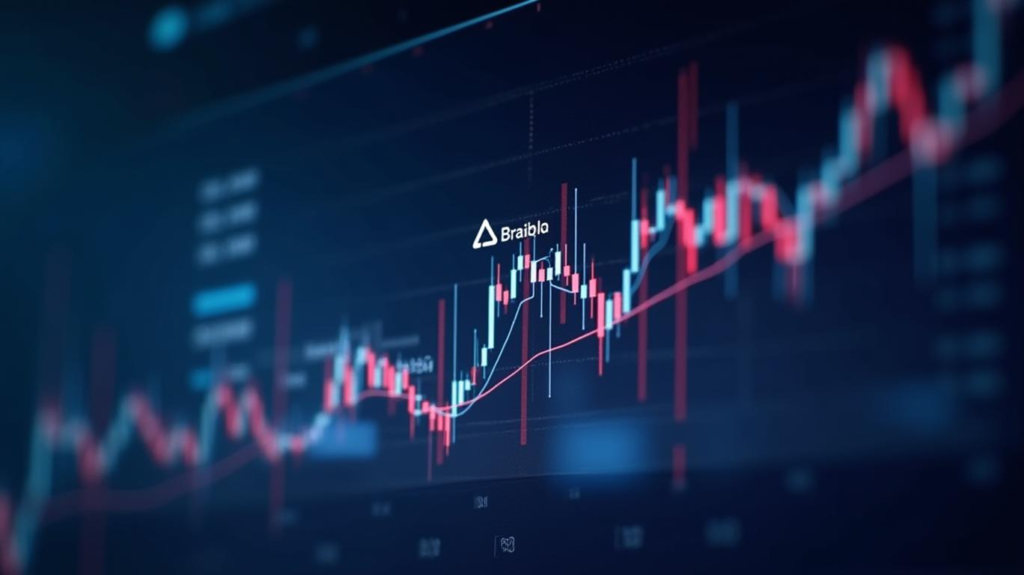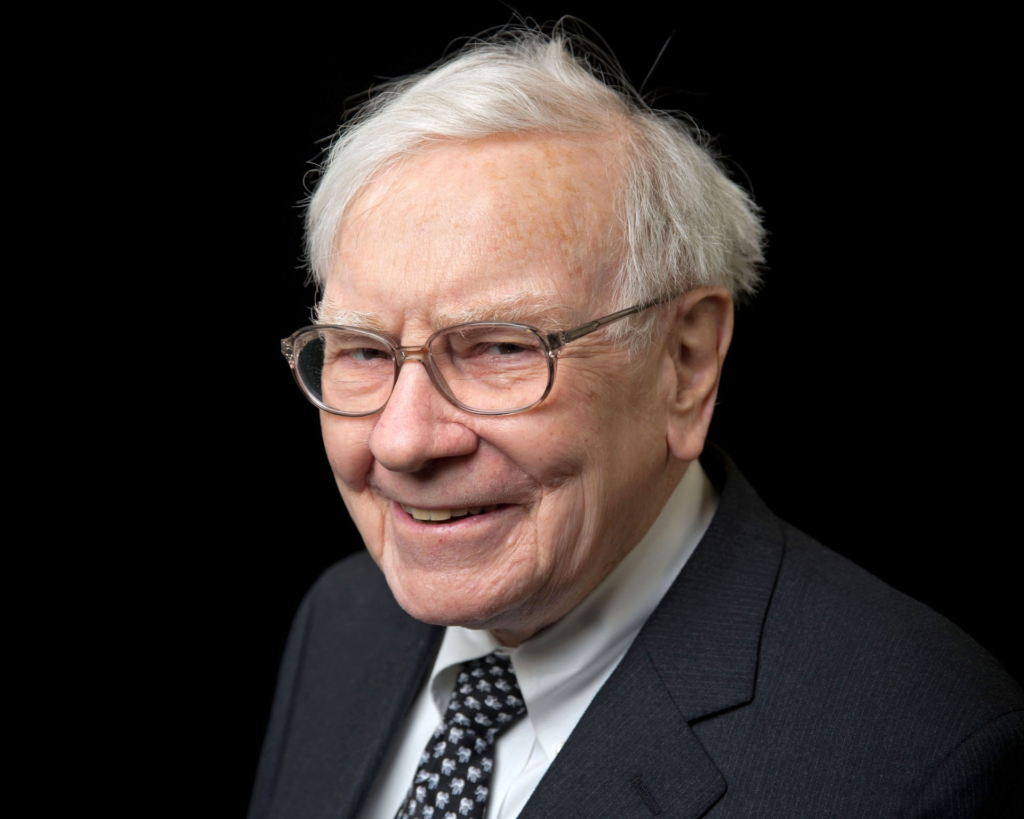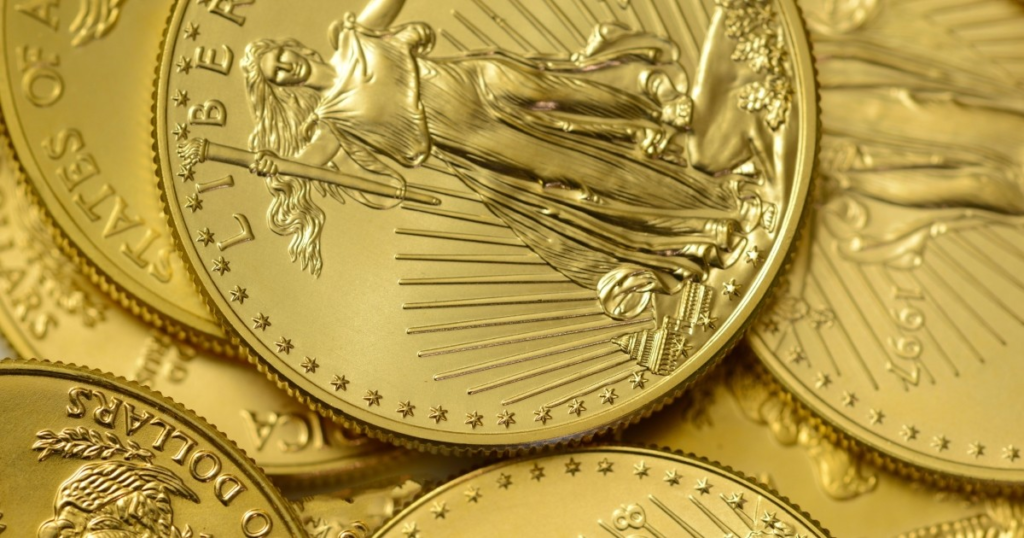Senior civil servants received them as their official car. Most of Nigeria’s military rulers drove a Peugeot as their official car. Until the mid-2000s, Peugeots were the official vehicles for government officials. For many Nigerian civil servants, they were the closest they ever came to owning a brand-new car. Among an older generation of mechanics and car owners, brand-new cars are still described colloquially as ‘Pan’ .
The name Peugeot evoked national pride in Nigeria’s local manufacturing. In short, Nigerians even nicknamed the Peugeot 504 the ‘Nigerian car.’ But after 50 years, many have largely forgotten the company that once assembled cars built for Nigerian roads.
Here’s what happened.
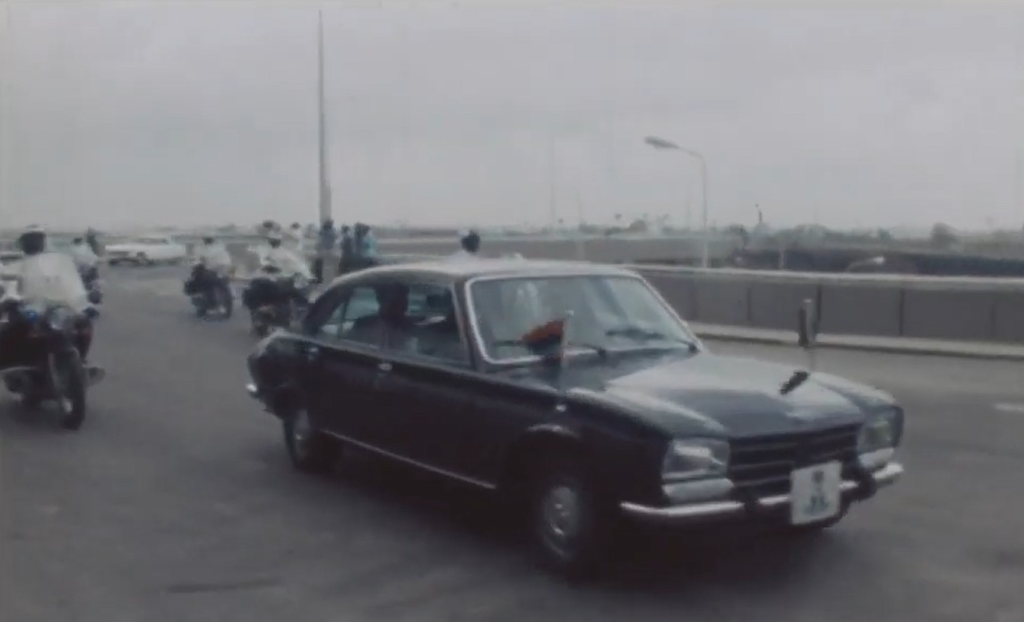
Birthed By Dreams of Industrialization
In 1969, under General Yakubu Gowon, Nigeria sought like most African nations, to industrialise. He invited proposals for a local vehicle assembly plant. French carmaker Peugeot cut the preferred choice, largely because it was very popular in Nigeria at the time. On December 15, 1972, the Nigerian government entered into a partnership with Automobiles Peugeot of France and launched Peugeot Automobile Nigeria (PAN).
The Parties Agree
As part of the agreement, the Federal Government would restrict the importation of other car brands. This effectively shielded PAN from direct competition with fully imported vehicles. Additionally, the government would provide PAN with concessions on import duties. This was to help reduce the financial burden of importing completely knocked down (CKD) packs, which are essential for assembly operations.
On its part, PAN would pursue a programme that would lead to a gradual deletion of imported parts. The agreement stipulated that PAN must achieve at least 30% local content as measured by the ex-factory value of a CKD pack, by the end of the third year of operations. The goal in view was to help develop and integrate local suppliers.
Furthermore, the agreement mandated the establishment of a standing committee to agree on annual deletion targets. This was the Federal Government’s way of ensuring a structured and monitored approach to its goal of reducing dependency on imported components. This committee was to facilitate collaboration between PAN and local stakeholders to meet these targets and was to include suppliers and government bodies.

Into the 80s: Becoming a Cultural Icon
The Kaduna plant was commissioned in 1975, twenty-seven months after the agreement went into effect. It began assembling vehicles, reaching an installed capacity of 240 cars daily by 1981, or an average of 63,000 annually.
Between 1975 and 1985, the plant produced between 36,000 and 66,000 cars per year, with models like the 404, 504 (including its Delivery Van and Ambulance iterations) and 505 rolling off the line. By 1985, PAN had produced 342,262 vehicles. The Peugeot 504, in particular, had become a cultural icon. Nigerians nicknamed it “the Nigerian Car” because of its dependability and rugged design, which made it perfectly suited to the country’s tough roads. The vehicle became immensely popular among civil servants throughout the 1970s and 1980s. It was widely recognized as the mark of the aspirations of Nigeria’s nascent middle class. And into the 2000s, it would remain a permanent sight on Nigerian roads
The Federal Government kept its own side of the deal with its import restrictions and duty concessions that protected PAN from foreign competition. Peugeot kept its own end of the bargain and tried its best to meet up with local content targets. About 60% of all its sales were to government agencies.
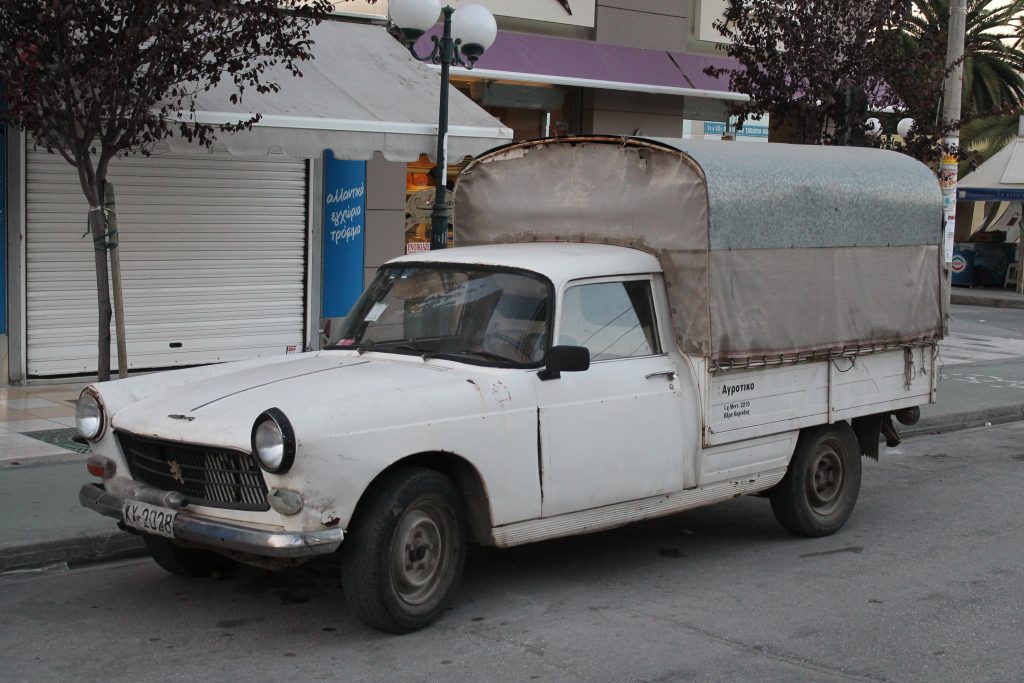
The 90s: Decline and Competition from Tokunbo
However, by the early 1980s, falling global oil prices plunged Nigeria into economic turmoil. Crude oil made up 87% of Nigeria’s export earnings, and this made the economy highly vulnerable to shocks in the oil market. The crisis worsened under General Ibrahim Babangida’s Structural Adjustment Program (SAP), which introduced the now infamous, austerity measures in exchange for IMF and World Bank loans.
And as oil revenues declined, Nigeria’s economy experienced great financial difficulties. For PAN, this meant a sharp decline from 1987. By 1991, production had dropped to 13,806 units. By 1995, it had dropped even further to 3,750 as reduced purchasing power and government budget cuts hit its numbers. At this time, the rise of used car imports, which cost just 35% of brand-new PAN vehicles, intensified PAN’s competition. PAN had lost its protection, and by 2000, these imports dominated the market, making it harder for PAN to sustain demand.
PAN tried to fight back with the introduction of its “new generation cars”, or newer and sleeker iterations of its old models. It redesigned and reorganised the plant to meet the complexities of the new technologies. Peugeot also introduced new conveyor rails for the movement of CKD parts and finished products. It also introduced a new paint technology that gave the cars a sleeker appearance. But none of these desperate measures were enough to reverse Peugeot’s terminal decline.
In November 2006, the Federal Government gave up and in the hopes of arresting its decline, privatized PAN. But these efforts still did not avail. By 2009, its current average production had crashed to between just 25 and 30 cars a day.

Resurrected from the Dead With Dangote’s Help
In the hands of its new owners, PAN’s financial woes only got worse. With its debt profile surging, in October 2012, the Asset Management Corporation of Nigeria (AMCON) intervened by acquiring its non-performing loans. As a way of restructuring the company, the rest of its loans were converted into equity. This, however, did not improve the situation, and again, ownership of PAN was shuffled. Aliko Dangote acquired a majority stake in 2017 alongside the Bank of Industry and Kaduna and Kebbi state governments, creating DPAN (Dangote Peugeot Automobile Nigeria).
In Dangote’s hands, DPAN built a modern assembly plant in Kaduna with an annual capacity of 44,000 cars. By 2022, it started assembling models like the 301, Landtrek, 3008, 5008 and 508. In February 2025, DPAN began assembling the Peugeot 3008 GT, a high-performance SUV. However, these were no longer traditional Peugeot models. Most were just Chinese brands assembled under the Peugeot name

Gone But Not Forgotten
Despite its ups and downs, Peugeot remains a cultural icon in Nigeria. The 504 is still seen on roads as a reminder of a bygone era of Nigeria’s failed ambitions at becoming an industrialized nation. DPAN is trying to blend its position in the collective memory with modern innovation, with the goal of potentially reclaiming Peugeot’s leadership in the market. But even if that succeeds, Peugeot will just be one more car brand among many others, not the king of Nigerian roads it once was.







